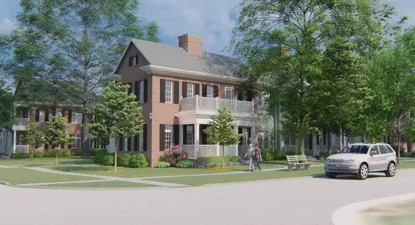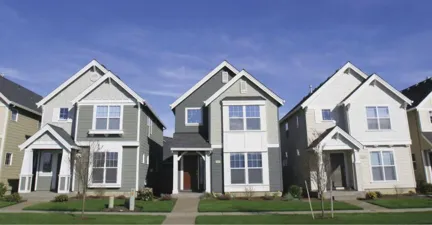As the aging population in the United States grows, finding affordable housing has become increasingly important for seniors. Many older adults live on fixed incomes and face rising living costs, making it crucial to identify options that provide both affordability and comfort. Fortunately, there are various resources and strategies available for seniors seeking low-cost apartments.
![]()
Understanding Senior Housing Options
Seniors have a range of housing options to consider. Here are some common types of affordable housing for older adults:
1.Senior Housing Communities: These are age-restricted apartment complexes specifically designed for seniors, often providing amenities such as recreational activities, meal services, and transportation. Many of these communities offer income-based rent, making them a viable option for those on a limited budget.
2.Subsidized Housing: The U.S. Department of Housing and Urban Development (HUD) offers several programs that assist seniors in finding affordable housing. The Section 202 Supportive Housing for the Elderly program provides rental assistance to low-income seniors. Eligibility is usually based on income and age, allowing qualified applicants to pay a reduced rent.
3.Low-Income Housing Tax Credit (LIHTC) Properties: These apartments are financed through tax credits to developers who reserve units for low-income tenants. Seniors can benefit from reduced rental rates while still enjoying modern amenities.
4.Assisted Living Facilities: For seniors who require some assistance with daily activities but wish to maintain a level of independence, assisted living facilities often offer affordable options. Many facilities provide sliding-scale fees based on income, helping seniors manage their budgets more effectively.
![]()
Finding Affordable Apartments
Here are some strategies for seniors looking to secure affordable housing:
1.Utilizing Government Resources:
- HUD Website: Seniors can visit the HUD website to find subsidized housing opportunities in their area. The site offers a search tool that helps locate nearby affordable apartments and provides information on eligibility requirements.
- Local Housing Authorities: Each state has housing authorities that oversee subsidized housing programs. Seniors should contact their local housing authority for assistance in applying for programs and locating affordable housing.
2.Nonprofit Organizations: Numerous nonprofit organizations focus on assisting seniors with housing needs. Groups like the National Council on Aging (NCOA) and AARP provide resources and guidance on finding affordable housing options.
3.Online Resources: Websites like Zillow, Apartments.com, and Rent.com can be useful for searching affordable housing options. Many of these platforms allow users to filter results by price, location, and specific amenities.
4.Community Resources: Local community centers and senior centers often have information on affordable housing options and may host workshops on financial literacy and housing resources. Connecting with local organizations can provide valuable insights and assistance.
Government Assistance Programs
Seniors may also qualify for various government assistance programs to help make housing more affordable:
1.Housing Choice Voucher Program (Section 8): This program allows low-income individuals, including seniors, to rent apartments in the private market while receiving rental assistance. Participants typically pay 30% of their income toward rent, while the voucher covers the remainder.
2.Supplemental Security Income (SSI): For eligible seniors with limited income and resources, SSI provides financial assistance that can help cover housing costs.
3.Energy Assistance Programs: Many states offer energy assistance programs to help seniors manage utility costs, which can significantly impact overall housing affordability.
![]()
Additional Considerations
When searching for affordable housing, seniors should also consider the following:
- Accessibility: It is essential to find an apartment that accommodates any physical limitations. Look for features like wheelchair access, elevators, and grab bars in bathrooms.
- Proximity to Services: Consider the location in relation to healthcare facilities, grocery stores, and public transportation. Living close to essential services can greatly enhance a senior’s quality of life.
- Roommates: Some seniors may benefit from sharing an apartment with another senior. This arrangement can help split costs and provide companionship.
![]()
Conclusion
Finding affordable housing can be challenging for seniors, but numerous resources and strategies are available to help them secure suitable accommodations. By utilizing government assistance programs, connecting with local organizations, and exploring various housing options, seniors can find affordable apartments that meet their needs. With a little effort and research, older adults can enjoy a comfortable living environment without the burden of high rental costs.


